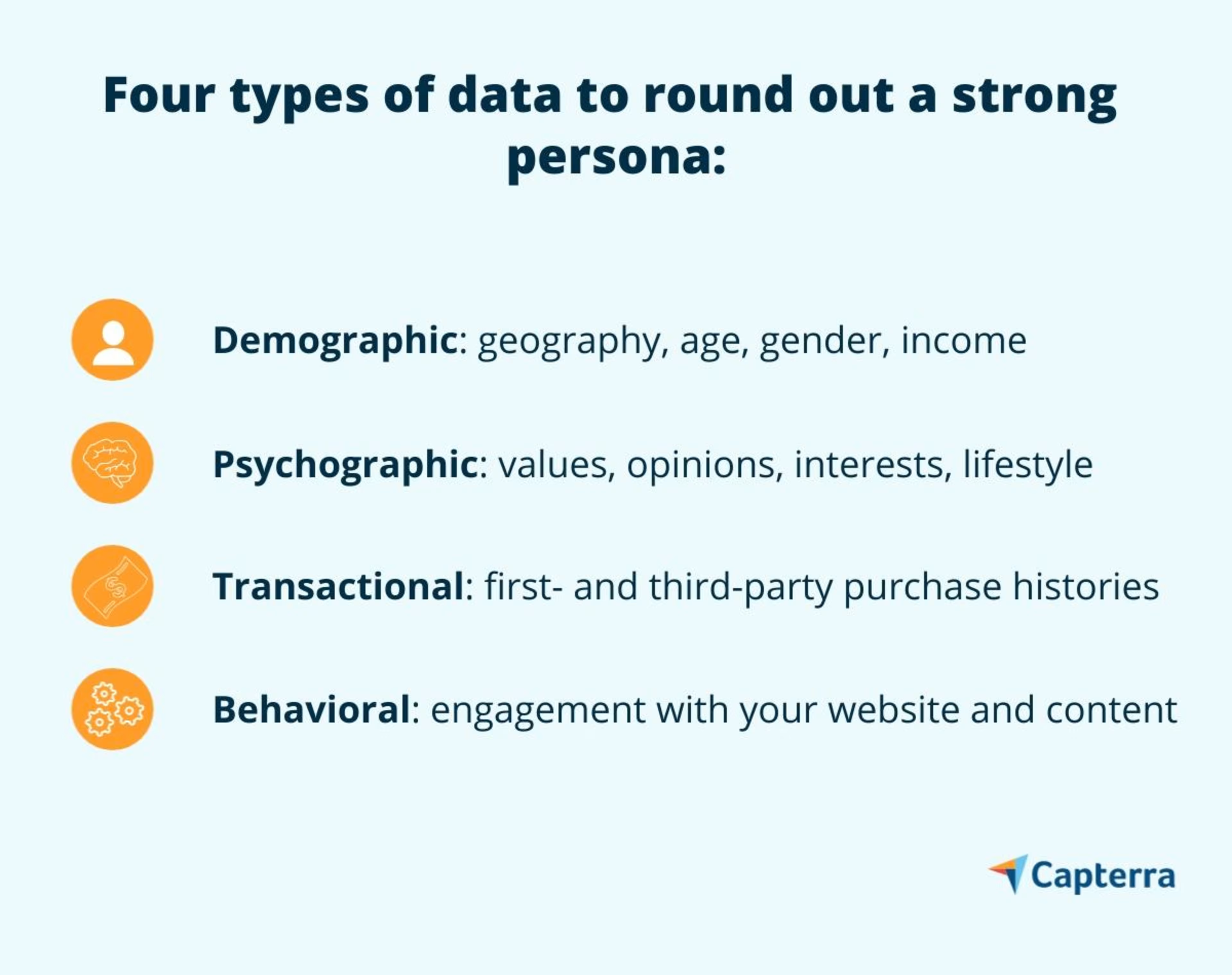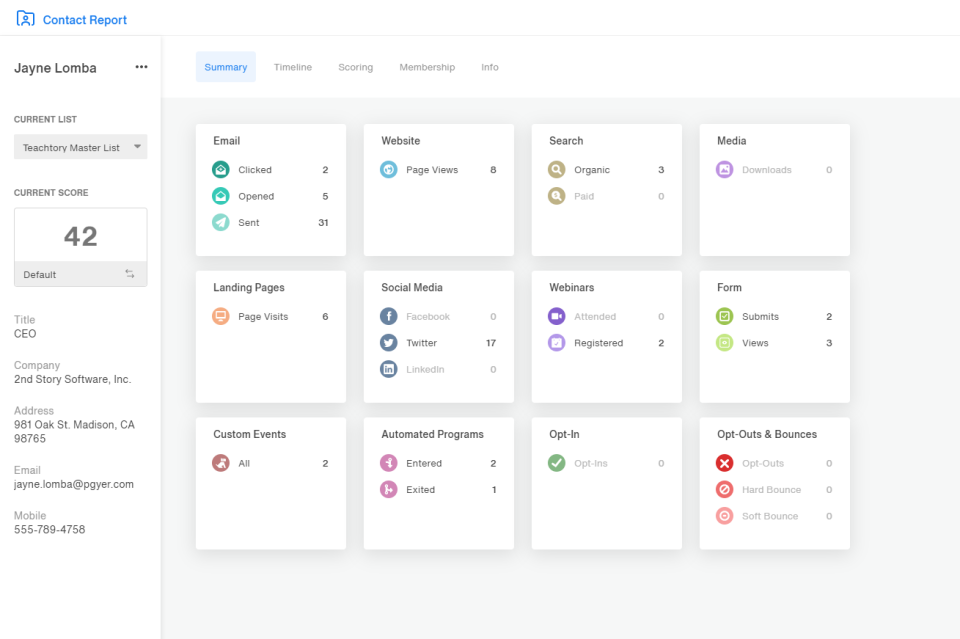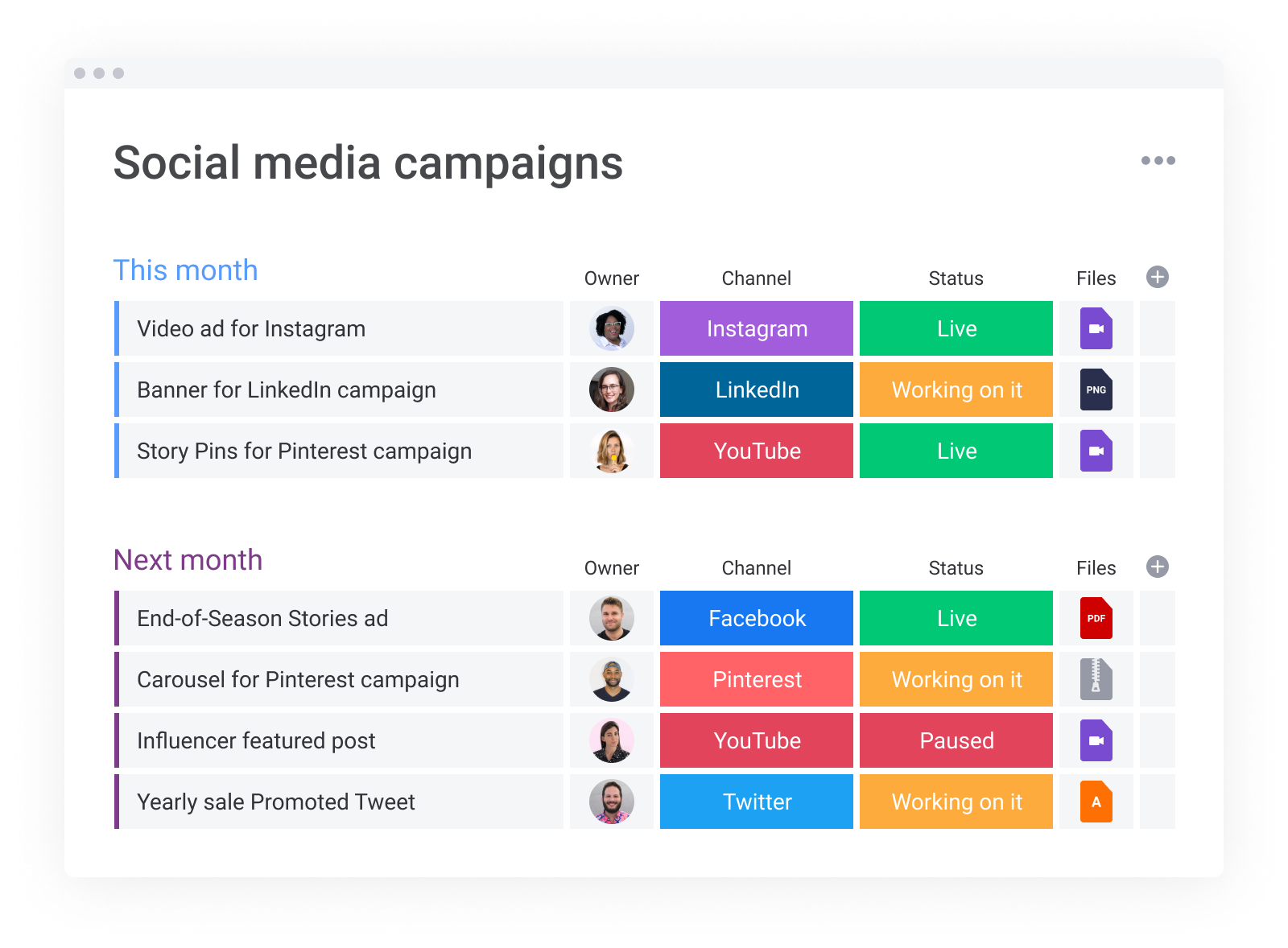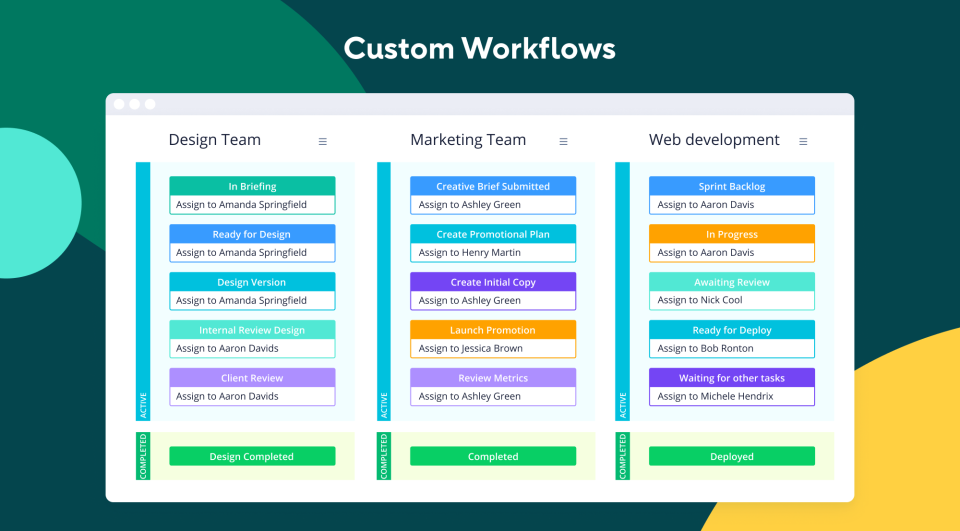These three steps will ensure your startup has a strong, steady foundation to build a marketing strategy on.

Startups. Synonymous with a fast pace and high growth margins. You’ve found your niche, have a solution to a problem, and are ready to offer your product to the world. Now all you have to do is get the word out.
When you're ready to build a marketing strategy for your startup, start by answering a big, broad question: What are your top priorities?
In February 2021, we asked business leaders at startups and small businesses to identify their top three business goals. Their top three responses were:
Attaining profitability
Gaining footing/survival
Securing funding
Whether or not your goals exactly match your peers', to gain financial security and profitability you need to build your marketing strategy on a strong foundation. Use your business-wide priorities to guide your marketing strategy as much as they guide every other action you take.
Lay the foundation marketing strategy success with these 3 steps
1. Establish a marketing budget
First, you’ll need to decide how much money you are prepared to earmark for your marketing strategy.
If you're nervous about spending money on marketing, know that your competitors are investing more than ever. According to the June 2020 U.S. CMO Survey, marketing budgets have risen to 11.4% of revenue, up from 8.6% before the COVID-19 pandemic.
There is no golden rule or ratio for setting a marketing budget for your startup. Instead, base your marketing budget on your startup’s projected gross revenue. Plan on investing a percentage of that gross revenue back into your business as your marketing budget.
As a guide, the U.S. Small Business Administration suggests that small businesses with revenues below $5 million allocate seven to eight percent of their revenues for marketing, though a growth-oriented startup might choose to invest closer to 10-15%.
When deciding on your percentage, make an inventory of everything you'll spend it on. Your budget should include things like brand development costs (e.g., website/domain, blogs, sales collateral) and promotional/PR costs (e.g., advertising, technology), as well as an employee or two.
One other factor to consider as you establish your marketing budget is seasonality. If your products or services have a notable peak season and a down season, factor that into your yearly budget. If you see 60% of your sales in the summer months, be prepared to spend 60% of your marketing budget during those months.
2. Flesh out your buyer personas
Once you set a budget for your marketing strategy, the next thing you need is a strong understanding of the kind of customer most likely to purchase your product/service. The most effective way to do this is by designing a buyer persona (or two).
What is a buyer persona?
Simply put, a buyer persona is a fictional customer that embodies your target audience.
If your startup only has a handful of employees, building a buyer persona is a great exercise to do together. Give your persona a name and demographic information, and list their interests and behavioral traits.
This persona should act as a north star for your marketing strategies. As you make decisions about what kind of content to produce, which demographics to target with advertising spend, and how to position your product/service in the market, always think about what would be most effective in reaching that persona.
As your business grows and you begin to understand your customer base and community better, revisit your buyer persona(s) and adjust based on customer data you've collected.
Use these four types of data to round out a strong persona:

For a deeper dive into buyer personas, check out our article on brand marketing strategies.
3. Invest in technology
There is a trove of excellent marketing software out there that can help you build your startup’s brand and interact with potential customers. And the best news? A lot of it is free.
Let's take a quick look at three kinds of marketing software that can take any startup marketing strategy to the next level: email marketing software, social media marketing software, and marketing automation software.
Email marketing software
Email marketing software automates email communication between businesses and their prospects and customers.
These tools manage mailing lists, monitor marketing campaign effectiveness, and increase email marketing efficiency. They can be used to strengthen brand recognition, announce new product launches, and promote services.
Email marketing tools help marketing teams:
Manage email templates
Create customer-focused newsletters
Send survey emails
Run promotional campaigns
Streamline customer relationship management efforts
Check out Capterra’s email marketing software buyers guide for a full breakdown of benefits, common features, and expected costs.

Email marketing tool Act-On (Source)
Looking for a free tool? Check out this list of email marketing tools that offer a free version of their product.
Social media marketing software
Social media marketing software automates the creation, tracking, and management of online campaigns through social websites and platforms such as Facebook, Twitter, LinkedIn, and YouTube. This software helps with publishing coupons and promotions, as well as collecting customer response metrics.
Social media marketing platforms offer a centralized hub from which you can link to multiple accounts on any popular social network. This creates a single, go-to place from which to lead multiple, ongoing campaigns. Social media marketing software is closely related to social media monitoring software; many providers offer both capabilities in one tool.
Social media marketing tools can help marketing teams:
Build brand identity
Connect with customers
Encourage customer loyalty
Schedule posts
Check out Capterra’s social media marketing software buyers guide for a full breakdown of benefits, common features, and expected costs.

Social media marketing campaign management using monday.com (Source)
Looking for a free tool? Check out this list of social media marketing tools that offer a free version of their product.
Marketing automation software
Marketing automation software helps businesses automate marketing processes and allows for end-to-end management of marketing campaigns including campaign design, tracking, content publishing, customer segmentation, and marketing analytics.
Marketing automation solutions provide a snapshot of all marketing projects and campaigns in a dashboard, saving managers the hassle of tracking campaigns separately.
Marketing automation tools can help marketing teams:
Nurture leads
Build drip campaigns
Segment markets
Run data analytics
Check out Capterra’s marketing automation software buyers guide for a full breakdown of benefits, common features, and expected costs.

Custom workflows in marketing automation tool Wrike (Source)
Looking for a free tool? Check out this list of marketing automation tools that offer a free version of their product.
Watch your startup grow
With this foundation, you're ready to get your startup in front of customers and launch your marketing strategy.
However you decide to expand your startup’s marketing strategies from here, you have something solid to build on. Let your buyer persona(s) guide how you write content and build a social network, and explore all the features your marketing software offers to help you get there.
Want to keep building a strong marketing strategy? Start here:
Permission-Based Email Marketing: What It Is, and How To Do It Right
How to Build a Winning Marketing Stack for a Small Business in 2020
Thinking about hiring a digital marketing agency to help build your startup? Browse our list of top digital marketing agencies and learn more about their features in our hiring guide.